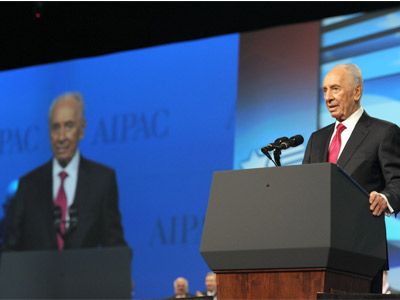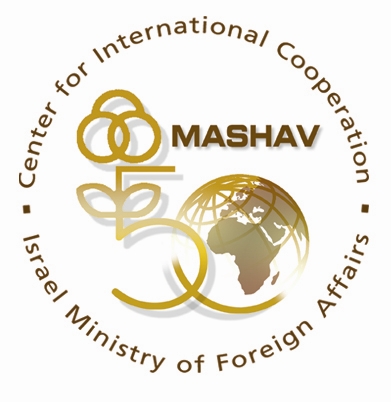- Details
- Written by French Embassy Spokesmen Dept
It strongly condemns the firing of rockets on israeli territory and the terrorist attack killing an Israeli citizen.
It is of the utmost importance that all parties show restraint and avoid escalation.
They must return to a state of calmness and a renewal of dialogue should be given first priority.
- Details
- Written by President Shimon Peres
 As The President of the State of Israel I came here first and foremost to say on behalf of my people:
As The President of the State of Israel I came here first and foremost to say on behalf of my people:
“Toda”
“Thank You”.
Thank you President Obama, for being such a good friend.
Thank you AIPAC, for your dedication and excellence.
It is great to be here.
To be together. Strong and united.
I see old friends and new ones. I see many young faces. The future belongs to you. Israel loves you.
I am moved by your generous tribute.
- Details

- Details
Published in Shalom Magazine for Alumni of MASHAV Training Courses - Jerusalem 2011

- Details
 The Israel Embassy in Ankara has conveyed the offer to the Turkish authorities.
The Israel Embassy in Ankara has conveyed the offer to the Turkish authorities.(Communicated by the MFA Spokesperson)
Deputy Prime Minister and Minister of Foreign Affairs Avigdor Liberman instructed the Israel Foreign Ministry to convey a message to the Turkish authorities, offering humanitarian assistance following the earthquake which struck Turkey today.
The Israel Embassy in Ankara has conveyed the offer to the Turkish authorities.








